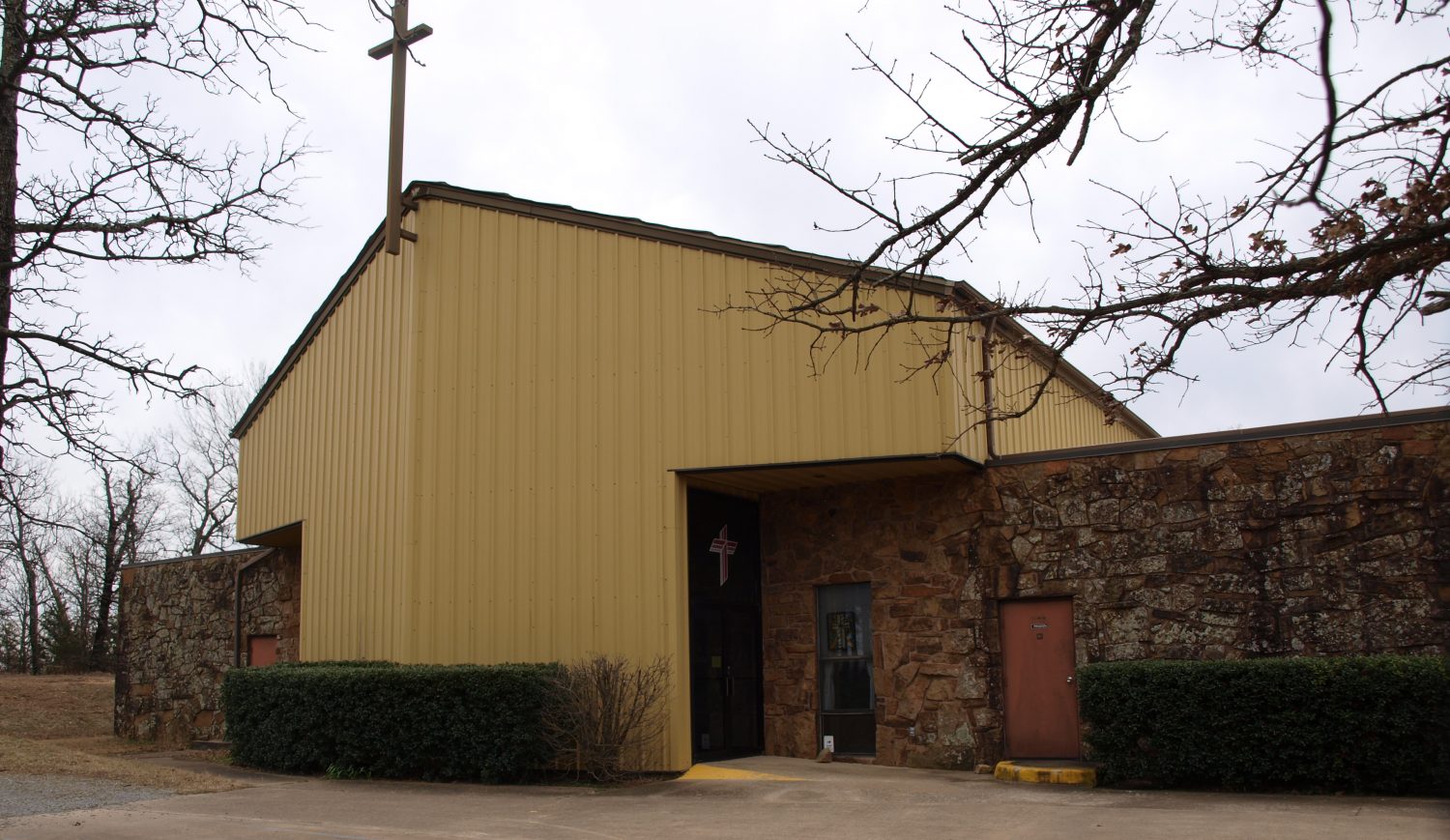Someone must die
Hearing about all the gracious behaviors and sayings surrounding Jesus feels wonderful. What’s at the heart of Jesus and his purpose is dealing with the sin problem every human has, even from conception. In the Garden of Eden, God set a rule. “And the Lord God commanded the man, saying, “You may surely eat of every tree of the garden, but of the tree of the knowledge of good and evil you shall not eat, for in the day that you eat of it you shall surely die.”” (Genesis 2:16–17, ESV) Eve and then Adam surely did eat of that forbidden tree. But a gracious God set in motion a plan toward reconciliation of that sin problem. Someone must die to pay for people’s sin according to God’s command. Because of sin, all people will physically die.
Jesus instead of sinful people
However, God sent his son, Jesus, to be a substitute for the lasting part of death that is eternity in hell. “and he [Jesus] died for all, that those who live might no longer live for themselves but for him who for their sake died and was raised.” (2 Corinthians 5:15, ESV) Jesus’ death won the believers over to him. Romans 3 sums up the sinfulness of all people and redeeming from sin that Jesus offers through his dying in their place (propitiation). “for all have sinned and fall short of the glory of God, and are justified by his grace as a gift, through the redemption that is in Christ Jesus, whom God put forward as a propitiation by his blood, to be received by faith. This was to show God’s righteousness, because in his divine forbearance he had passed over former sins.” (Romans 3:23–25, ESV)
